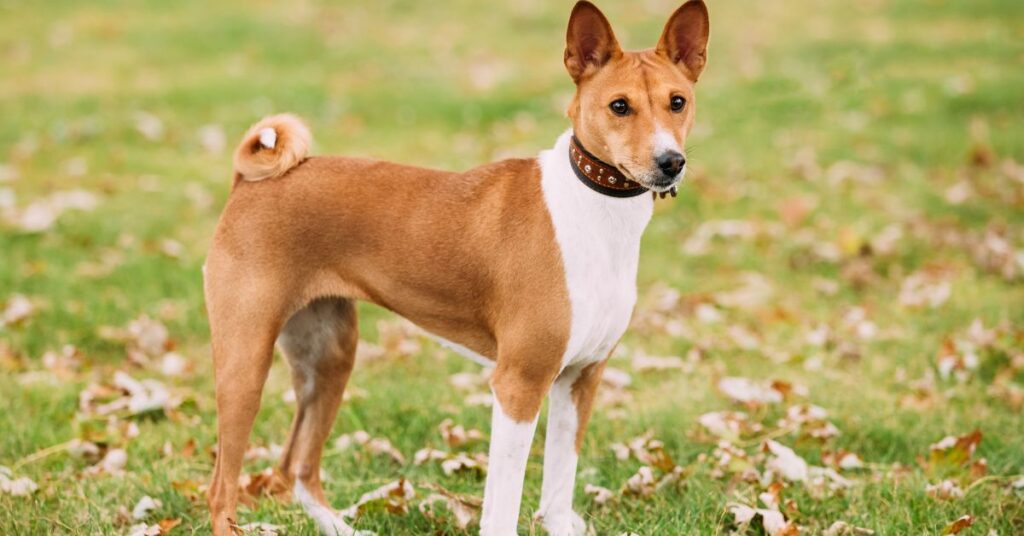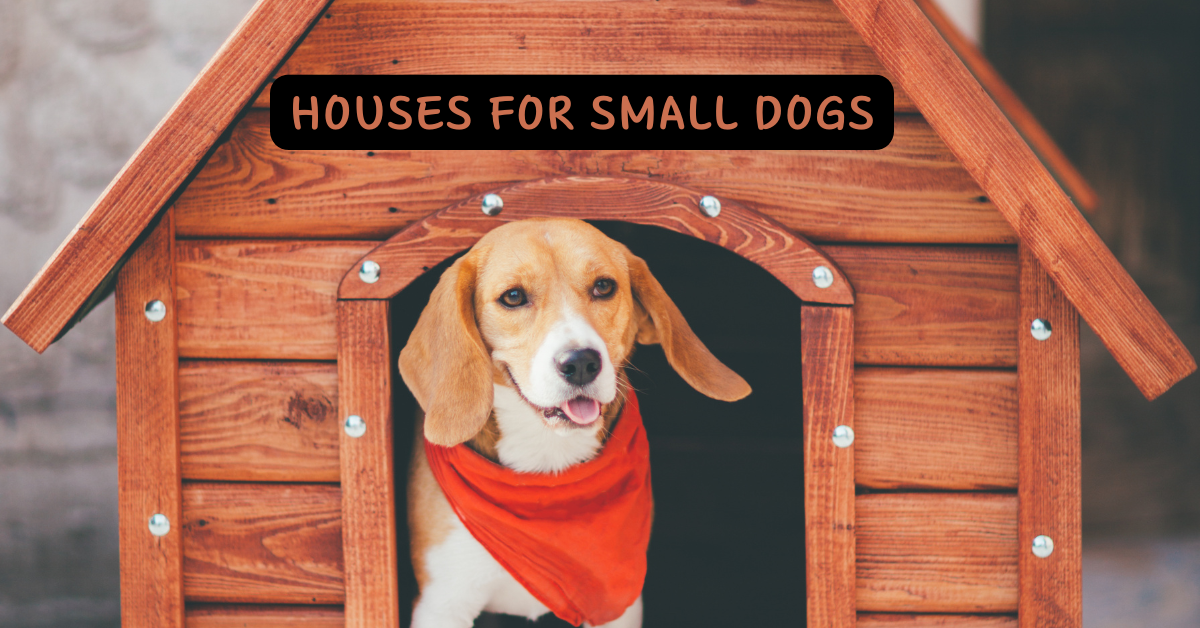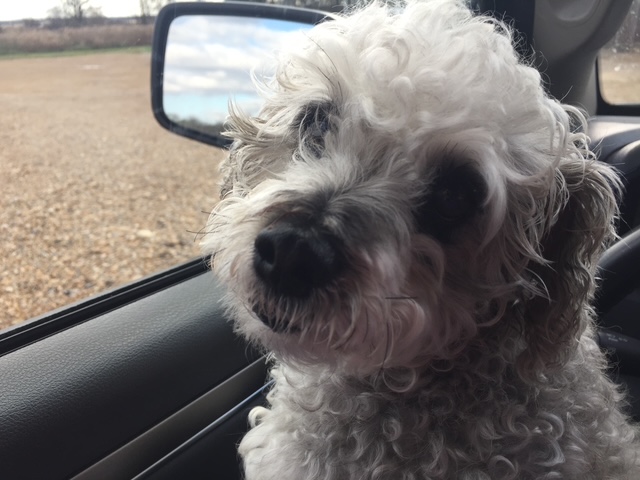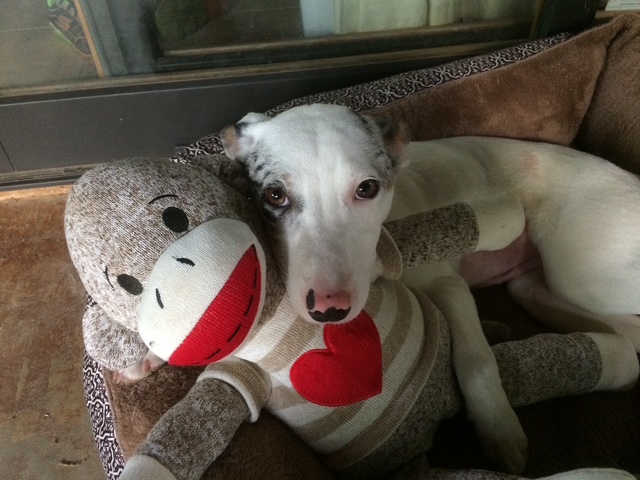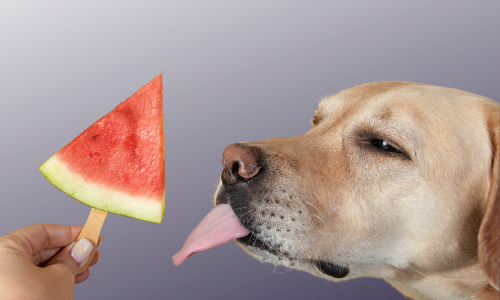The Basenji is a unique and intriguing breed known for its intelligence, independence, and distinctive traits. This comprehensive guide covers everything you need to know about the Basenji, from its physical characteristics to its rich history.
*Disclaimer: This Post May Contain Affiliate Links. This Means That I Receive A Small Commission At No Extra Cost To You Should You Click Through And Make A Purchase. Learn More On My Policy Page
Breed Characteristics
- Breed Category: Hound Group
- Size: Small to medium
- Coat Length: Short
- Shedding: Low
- Hypoallergenic: Yes
- Grooming Requirements: Low
- Life Span: 12-14 years
- Activity Level: High
- Temperament/Personality: Independent, alert, affectionate
- Intelligence: High
- Trainability: Moderate
- Space Requirement: Moderate; suitable for apartments with regular exercise
- Compatibility with Children & Other Pets: Good with proper socialization
- Health Issues: Fanconi syndrome, hip dysplasia, progressive retinal atrophy
- Nutrition Needs: Balanced diet with high-quality protein
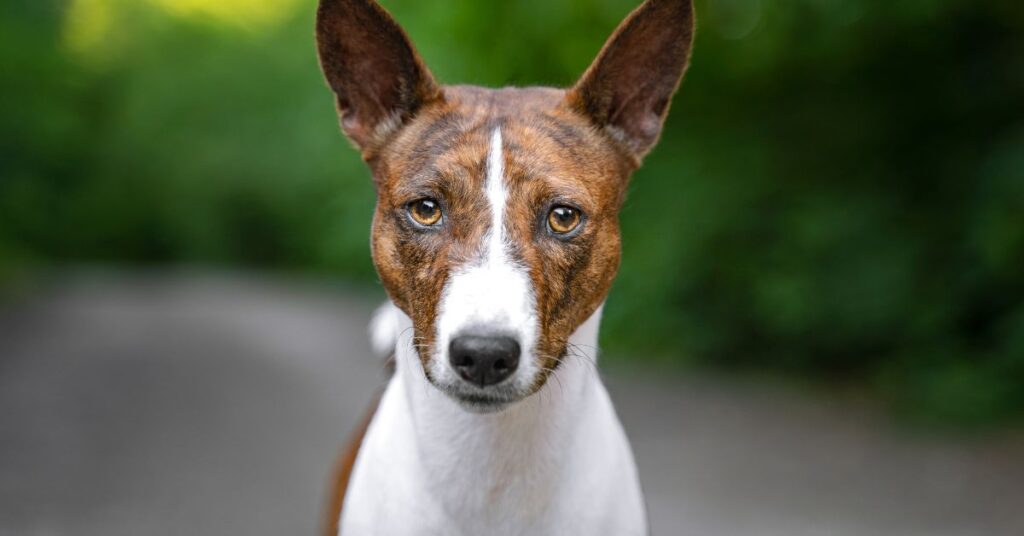
Origin and History
The Basenji is one of the oldest dog breeds, originating from Central Africa. Known as the “barkless dog,” the Basenji has been depicted in ancient Egyptian tombs, indicating its long history as a domesticated breed. Originally used for hunting and tracking, the Basenji’s keen sense of smell and sight made it an invaluable companion for hunters.
Appearance and Physical Characteristics
Basenjis are small to medium-sized dogs, typically weighing between 22 to 24 pounds and standing 16 to 17 inches tall at the shoulder. They have a sleek, muscular build and a distinctive wrinkled forehead that gives them an expressive look. Their coat is short, fine, and can come in various colors, including red, black, tricolor, and brindle, often with white markings.
Temperament and Personality
Basenjis are known for their independent and alert nature. They are affectionate with their families but can be aloof with strangers. Their cat-like grooming habits and curiosity make them unique among dog breeds. Basenjis are playful and energetic, requiring plenty of mental and physical stimulation to keep them happy and well-behaved.
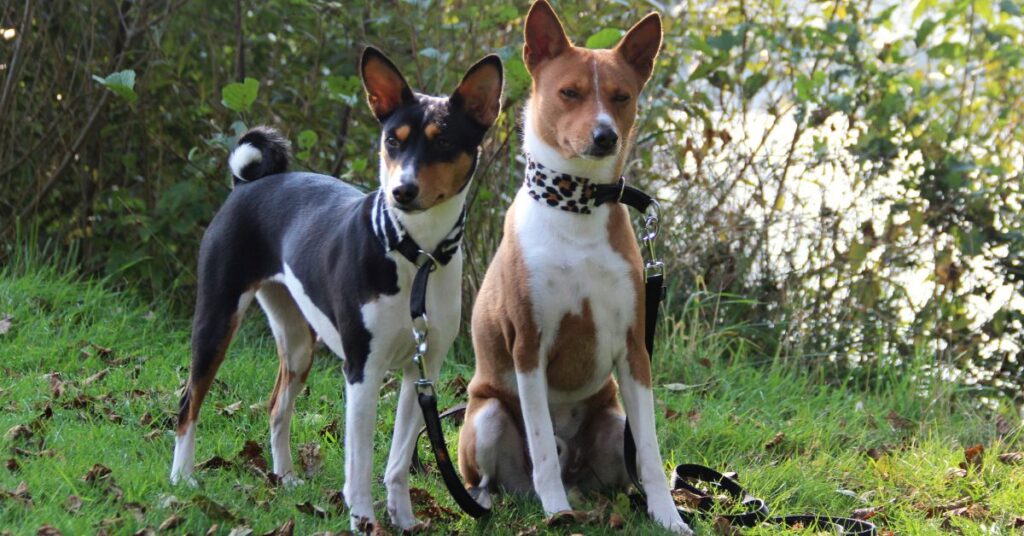
Intelligence and Trainability
Basenjis are highly intelligent but can be challenging to train due to their independent streak. They respond best to positive reinforcement and consistent, patient training methods. Early socialization and obedience training are essential to ensure they develop into well-rounded adults. Their intelligence and agility make them excellent candidates for activities like lure coursing and agility trials.
Compatibility with Children and Other Pets
Basenjis can be good with children and other pets if properly socialized from a young age. They tend to bond closely with their human families but may be reserved around unfamiliar people and animals. Supervision is recommended when they are around small children or smaller pets due to their high prey drive.
Health and Nutrition
While generally healthy, Basenjis are prone to certain genetic health issues such as Fanconi syndrome, hip dysplasia, and progressive retinal atrophy. Regular veterinary check-ups and genetic testing are important to monitor their health.
Their diet should include high-quality dog food that provides balanced nutrients. Protein is crucial for their muscle development, and a diet rich in omega fatty acids can support their skin and coat health. Regular dental care, ear cleaning, and monitoring for signs of health issues are essential aspects of their care routine.
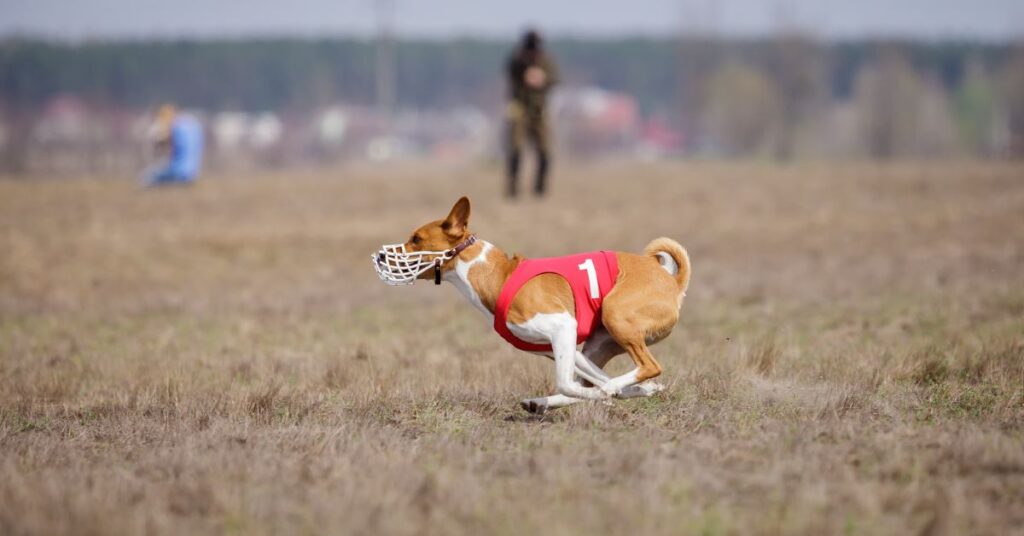
Exercise and Activity Level
Basenjis have high activity levels and require regular exercise to stay healthy and happy. They enjoy outdoor activities and excel in canine sports that challenge their agility and intelligence. Daily walks, playtime, and opportunities to run in a secure area are essential to meet their exercise needs and keep them mentally stimulated.
Grooming Needs
The grooming needs of Basenjis are low due to their short coat. Regular brushing to remove loose hair and occasional baths are usually sufficient to keep their coat in good condition. Their grooming habits are similar to cats, and they keep themselves quite clean. Regular dental care, ear cleaning, and nail trimming are also important parts of their grooming routine.
Training and Socialization
Early socialization and consistent training are crucial for Basenjis. They need to be exposed to different people, environments, and experiences to develop into well-adjusted adults. Training should focus on positive reinforcement techniques, and they thrive in environments where they are given tasks and challenges.
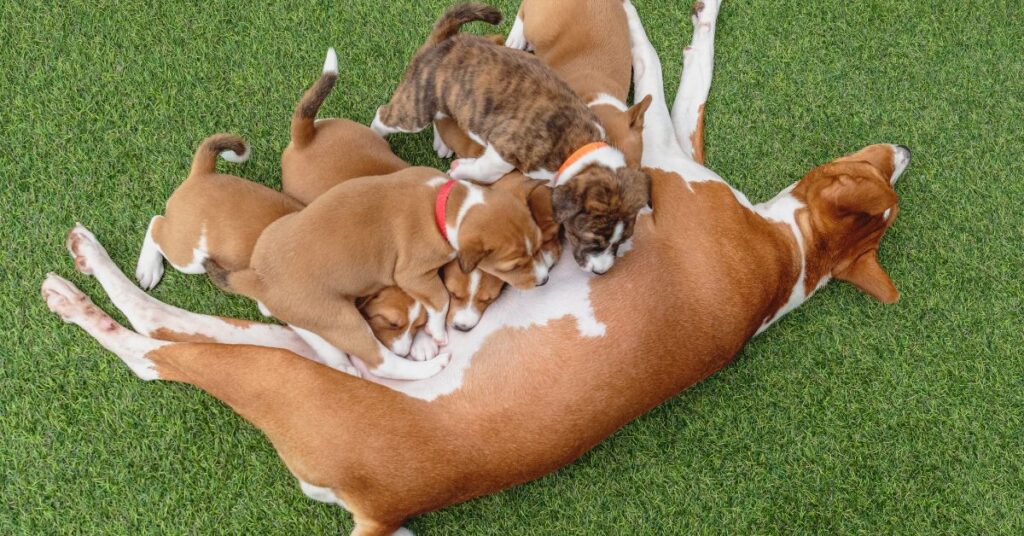
Famous Basenjis
The Basenji is not as widely known as some other breeds, but it has made its mark in various fields, from hunting to being a beloved companion. Its unique characteristics and charming personality make it a valued breed among those who appreciate its distinctive qualities.
Conclusion
The Basenji is a unique, intelligent, and affectionate breed that makes an excellent companion for those who appreciate its independent nature. With proper training, socialization, and care, a Basenji can be a loyal and loving member of the family.


